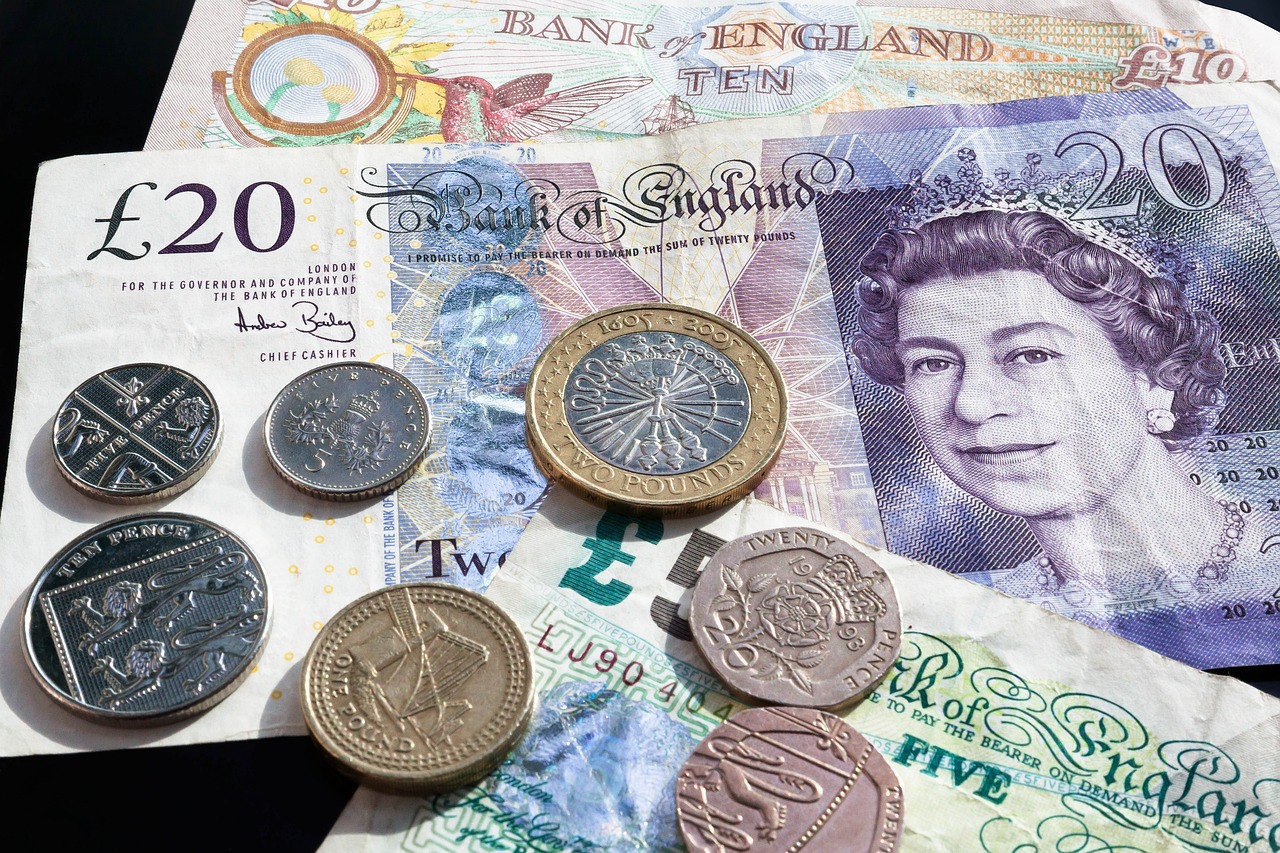UK inflation has dropped to 3.2% which isn’t good news for interest rates
The Office of National Statistics (ONS) has revealed inflation rates hit their lowest level since September 2021 last month, leading experts to believe that the Bank of England is ‘likely to maintain interest rates for an extended period.’
According to the figures from the ONS, which were revealed this morning, the drop in food prices, particularly in meats and crumpets, caused inflation to fall from 3.4% in February to 3.2% in March. Although this is a positive outcome, city economists and the Bank of England had forecast a slightly larger decline to 3.1%.
Against this backdrop, economists are expecting a further decline in April, with the potential to fall below the Bank’s 2% target after a sharp drop in household gas and electricity bills to the lowest level for two years.
Commenting on the news, chancellor Jeremy Hunt, said: ‘The plan is working: inflation is falling faster than expected, down from over 11% to 3.2%, the lowest level in nearly two and a half years, helping people’s money go further.’
However, Rachel Reeves, the shadow chancellor, has said that today’s outcome is not a win for the Conservative party.
‘Conservative ministers will be hitting the airwaves today to tell the British people that they have never had it so good,’ Ms Reeves said. ‘However, after 14 years of economic failure under the Conservatives, working people are worse off.’
Ms Reeves added: ‘Prices are still high in the shops, monthly mortgage bills are going up and inflation is still higher than the Bank of England’s target.’
Echoing a similar tone, Daniel Austin, CEO and co-founder at ASK Partners, said: ‘Decreasing inflation suggests that the Bank of England is likely to maintain interest rates for an extended period, particularly considering the signs of economic recovery we’ve witnessed.
‘This all points to a positive domestic story of an economy exiting a mild recession but does mean that pressure will remain on those servicing debt and with ongoing global market uncertainty surrounding the Middle East crisis, the coming months are set to be shaky.’
‘In the real estate sector and as property loan extensions expire, borrowers will face the choice of injecting fresh capital, returning assets to lenders, or selling in a soft market,’ Austin said. ‘The assets hitting the market will kickstart the cycle and offer opportunities for capital-endowed buyers, who view this as an opportune moment to acquire assets at significant discounts.’
The latest inflation news, comes ahead of the next Bank of England’s meeting where they will decide on whether to retain interest rates or decrease them. The meeting is due to take place on 8th May 2024.
Ahead of the meeting, John Glencross, CEO and co-founder of Calculus, said: ‘Today’s data shows UK inflation is falling, although still above the Bank of England’s target of 2%. If inflation continues to fall the Bank of England may start to cut interest rates by summer which could bring a renewed sense of optimism for investors, consumers and British businesses alike.
‘In his Spring Budget, the Chancellor spoke on his belief that the success achieved in tackling inflation will soon convert to economic growth, placing particular focus on the strength of the UK’s technology sector. Supporting British growth companies could help improve the near economic horizon by boosting GDP and increasing job creation.’
Image: stux
Inflation: Figures remain steady but families will still have to go without
Inflation: Interest rates stuck at 5.25% for fourth consecutive time

















